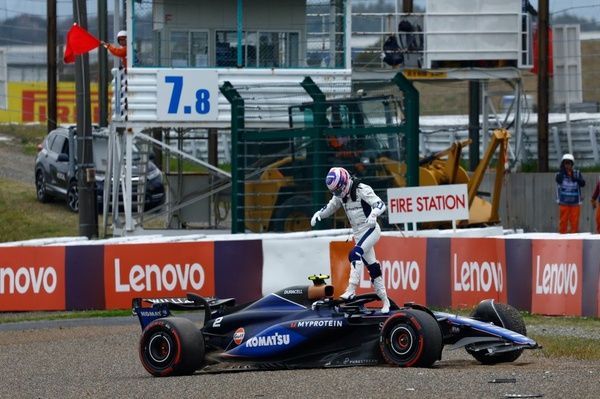
Williams: The ultimate independent
Unwavering enthusiasm, steely commitment and prodigious experience help make Frank Williams believe his team are here to stay
There he sits: Sir Frank Williams, in his office, bright and early, ready to attack another day with gusto, eyes sparkling with mischief. You could be forgiven for forgetting this was 2009 - the middle of a catastrophic economic crisis that even a member of the government says could last 15 years - and that Frank sits at the head of a Formula One team totally dependent on that outside world for their continued existence (they're sponsored by RBS, for goodness sake!). They're a team with a glorious world title-winning past, but have been mired in the midfield for the last few seasons, with no apparent trajectory.
Yet there Frank sits, in his wheelchair, still loving every minute and looking forward to the next challenge - perhaps the biggest one the sport's ever faced. Forty years after entering F1 on a wing, a prayer, a following wind and a ray of sunshine, he's raring to go.
Share Or Save This Story
Subscribe and access Autosport.com with your ad-blocker.
From Formula 1 to MotoGP we report straight from the paddock because we love our sport, just like you. In order to keep delivering our expert journalism, our website uses advertising. Still, we want to give you the opportunity to enjoy an ad-free and tracker-free website and to continue using your adblocker.

















